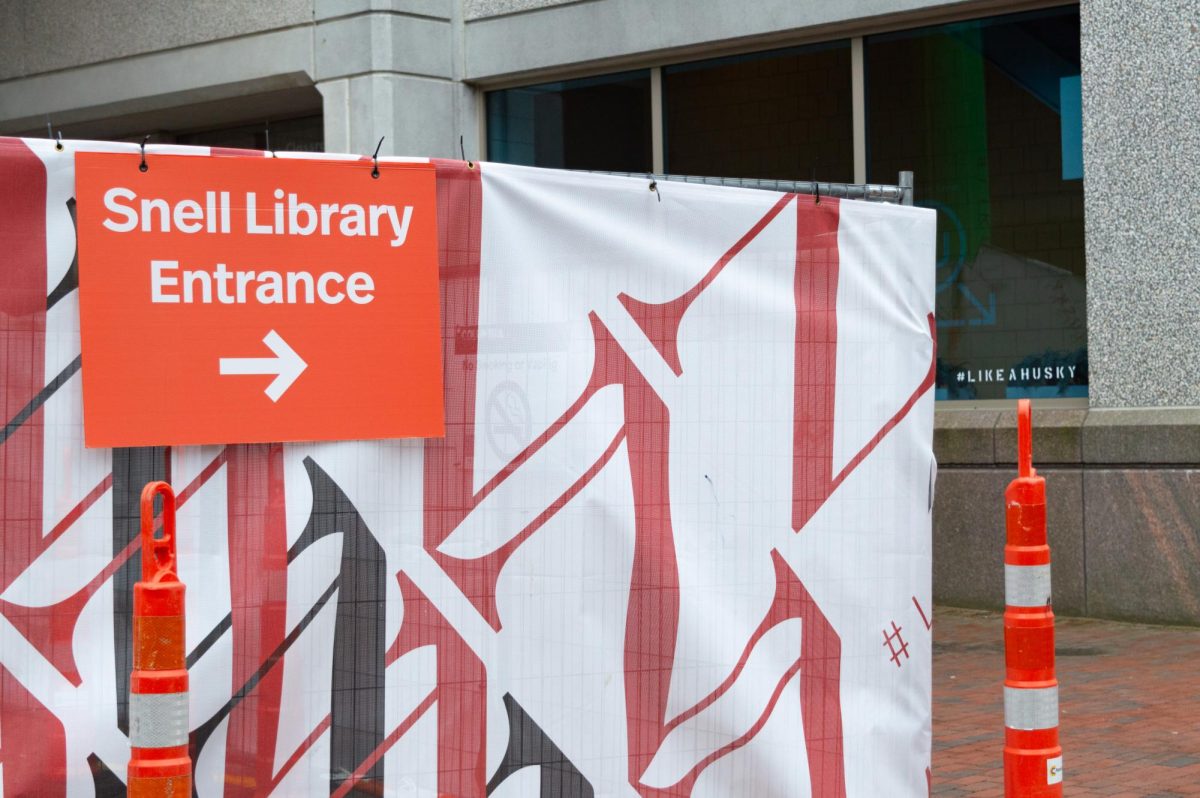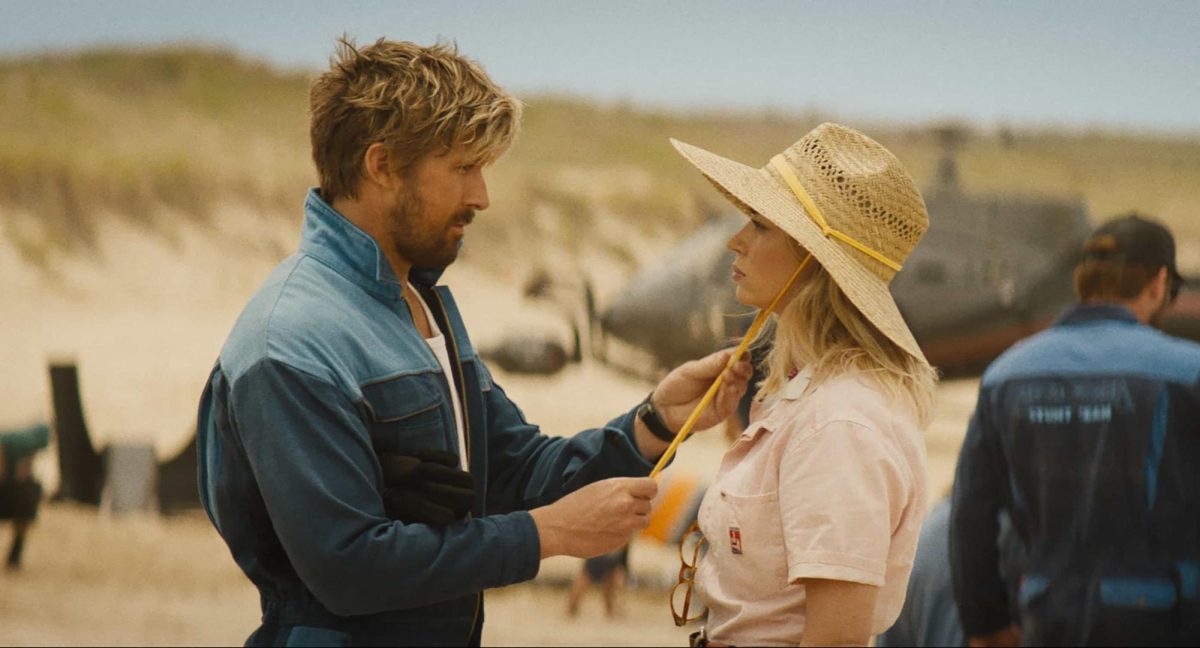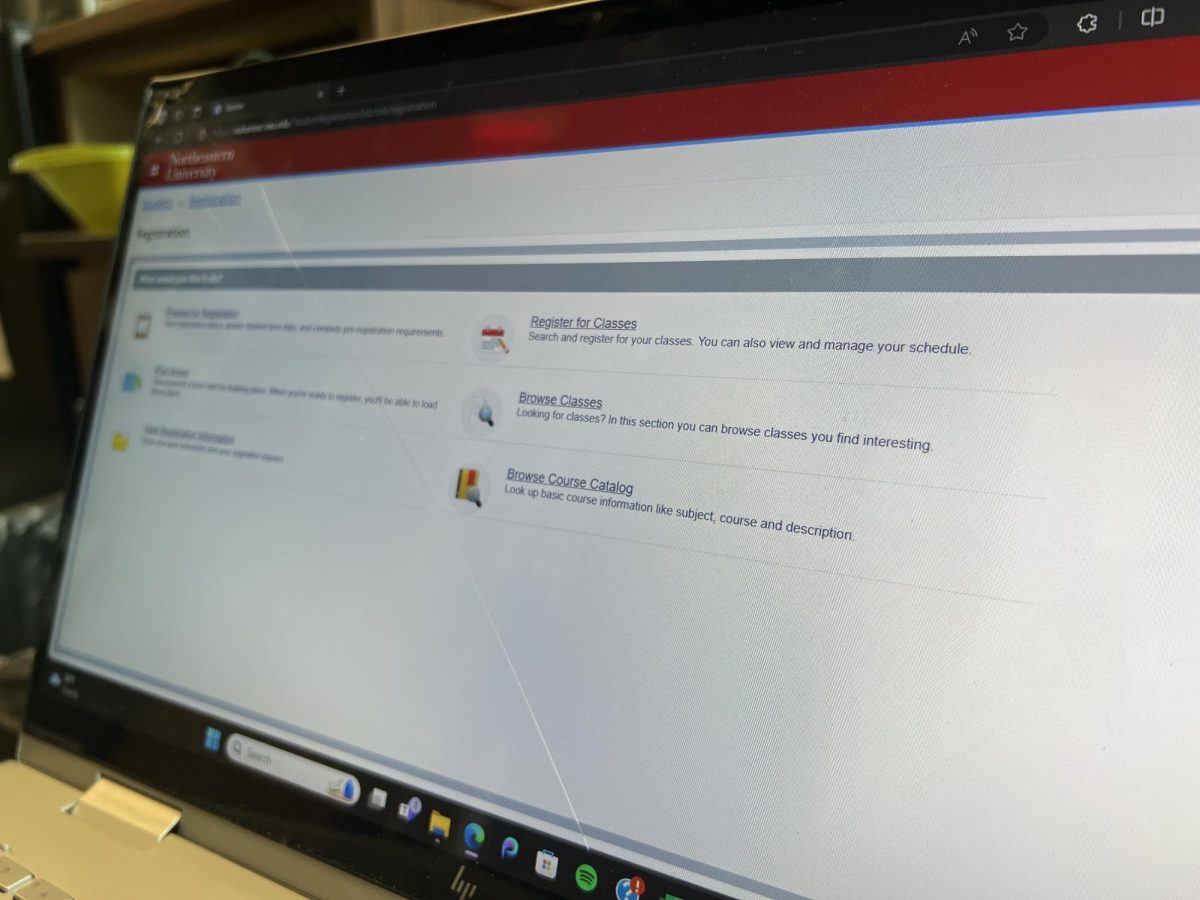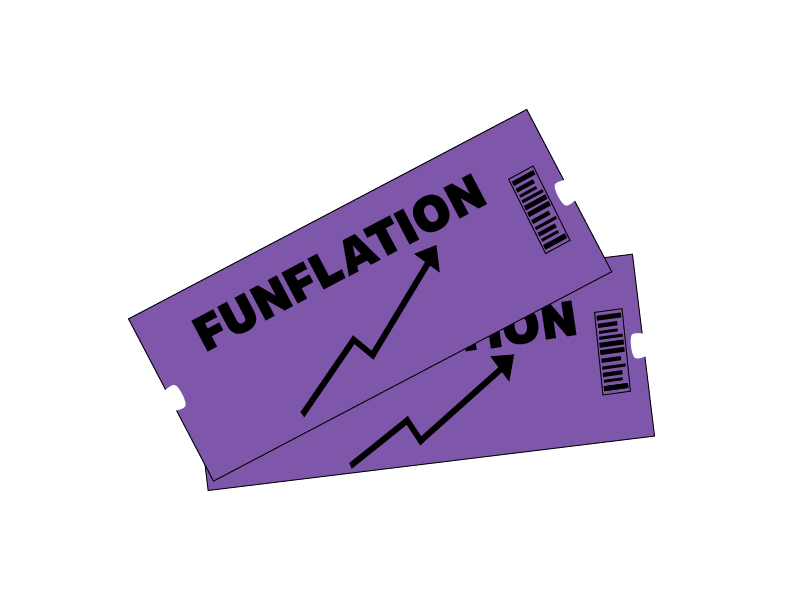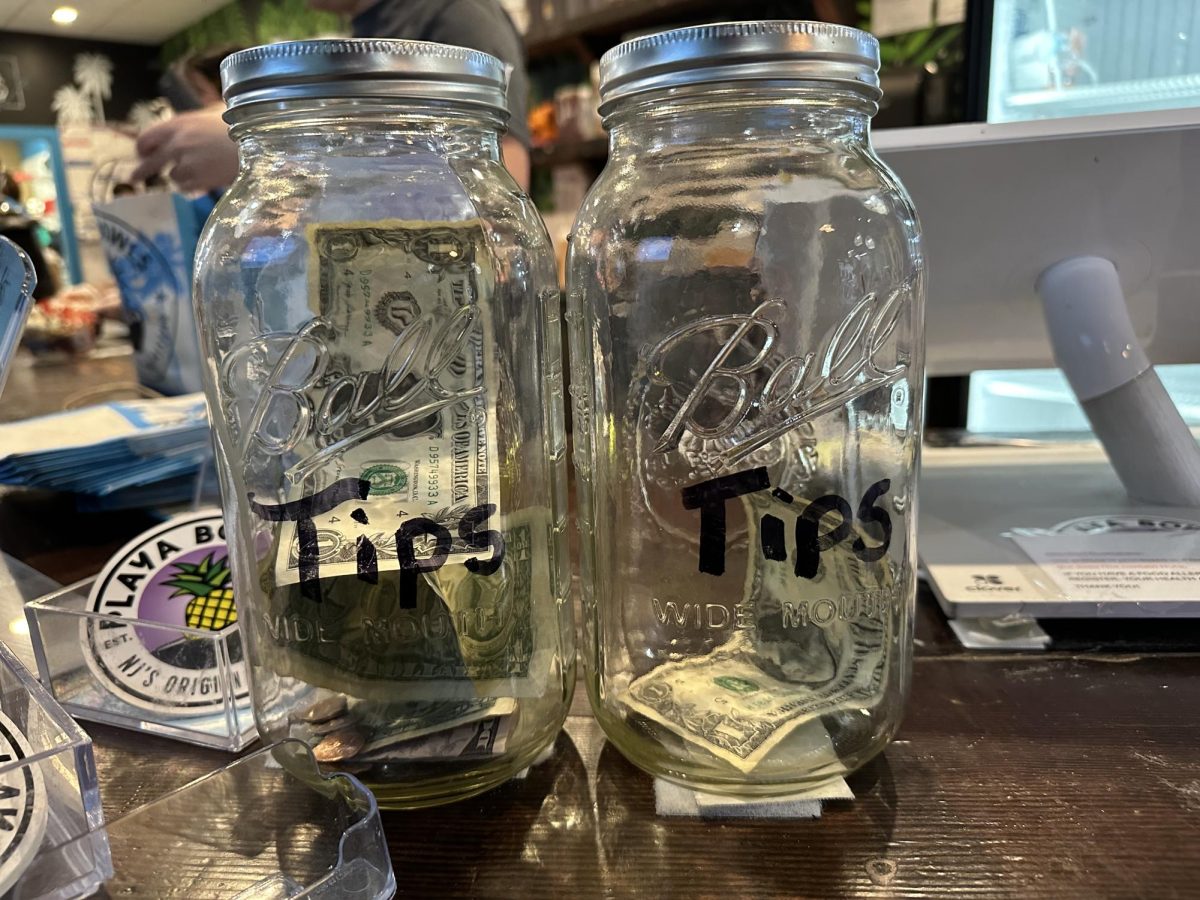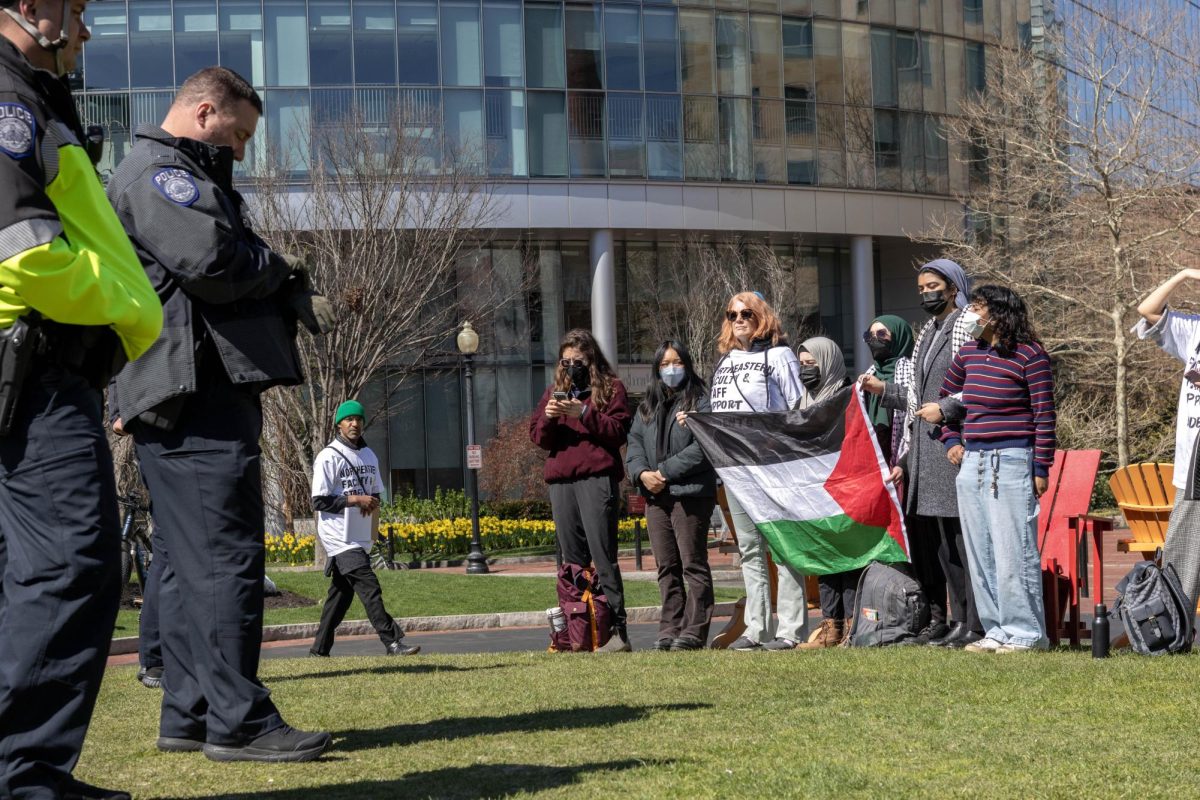Northeastern was wrong to take part in the mass hysteria surrounding Rolling Stone magazine’s decision to put alleged Boston Marathon bomber Dzhokhar Tsarnaev on the cover of a recent issue. Following similar decisions from retailers and denouncements from politicians and victims’ families, Northeastern announced it would not sell the issue in the school’s bookstore. By doing so, the university bent to public pressure and harmed the free flow of valuable information necessary in any academic community.
The controversy surrounding the cover is understandable but ill-considered. Critics argue that by putting the accused bomber on the cover, the magazine glamorized him and made him out to be a rock star – never mind that the headline refers to him as “The Bomber,” and the caption calls him “a monster.”
To criticize Rolling Stone is to hold the magazine to a double standard. The New York Times ran the exact same photograph on the front page above the fold, and met no controversy in doing so. Furthermore, while Rolling Stone does have a tradition of putting rock stars and other celebrities on its cover, this move is not unprecedented; the magazine put serial killer Charles Manson on the cover of a 1970 issue.
The piece accompanying the Tsarnaev cover, “Jahar’s World” by Janet Reitman is a fantastic piece of journalism. The story, which analyzes Tsarnaev’s upbringing and his behaviors and views during his high school and college years seeks to answer the question many people have been asking since that horrific Friday morning in April when the alleged bombers’ identities were first revealed: How can such a seemingly normal teenager do something so horrible?
Obviously the answer to this question is more complicated than one journalist can answer in a single story, and may never be completely realized, but pursuing answers is important not just to satisfy our own human compulsions to make sense of senseless tragedies, but also because the better we understand people like Dzhokhar Tsarnaev, the better we will be able to prevent future devastation.
In her reporting, Reitman found apparent warning signs. For example, Tsarnaev told one friend he believed terrorism can be justified, and told another he knew how to make a bomb. If friends of aspiring terrorists truly understand that the people they think they know so well may have an unthinkable dark side, they may not shrug off such statements they way Tsarnaev’s friends did.
As for the cover, criticisms that the magazine could have run a less glamorous picture, or not put Tsarnaev on the cover at all are valid but not satisfactory. The picture Rolling Stone chose to run and the prominence of the location drive home the point of the story: He was, to the untrained eye, a normal teenager who took glam shots of himself, but he possessed enough evil within him to shake a city to its core; and that is the most horrifying thing about this tragic ordeal.
It is completely understandable that people do not want to give so much public attention to such a terrible person, especially considering the asinine group of supporters he has preaching his innocence. Regardless, this is an occasion in which rational thought must triumph over emotion; Tsarnaev presents an important case study in understanding why people like him chose to do the things they do. As tempting as it is, it would be highly irresponsible to ignore him. By removing the magazine from the bookstore, Northeastern is doing just this. For a profit-making entity like CVS to do this is one thing, but for an academic institution to do this is simply shameful.



